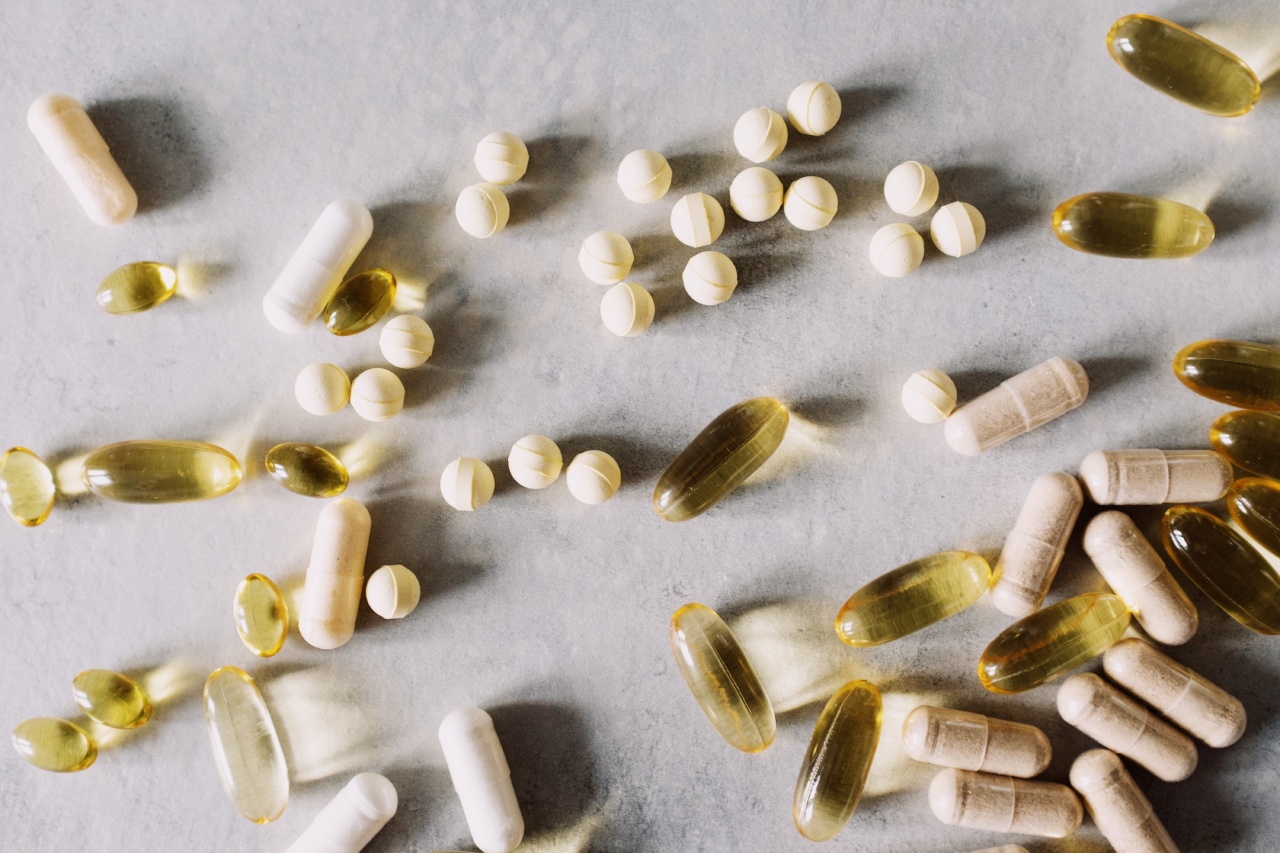Colon cancer is a type of cancer that affects the colon or large intestine. It is the third most common cancer in the world. According to the American Cancer Society, about 1 in 20 people will develop colon cancer in their lifetime.
However, there are several ways to reduce your risk of colon cancer, such as maintaining a healthy diet.
What is colon cancer?
Colon cancer is a type of cancer that forms in the cells that line the colon or large intestine. It typically starts as a polyp, a small growth that forms on the inner lining of the colon.
Over time, the polyp can become cancerous and spread to other parts of the body.
What are the risk factors for colon cancer?
Several factors increase your risk of developing colon cancer, including:.
- Age (risk increases after the age of 50)
- A family history of colon cancer
- A personal history of inflammatory bowel disease (IBD)
- A diet high in red meat and processed foods
- A sedentary lifestyle
- Obesity
- Smoking
- Heavy alcohol consumption
How can diet affect colon cancer risk?
The food we eat can have a significant impact on our risk of developing colon cancer. Studies have shown that a diet high in processed foods, red meat, and saturated fat can increase the risk of colon cancer.
On the other hand, a diet high in fruits, vegetables, and fiber can reduce the risk of colon cancer.
Fiber, in particular, has been shown to be beneficial in preventing colon cancer. Fiber is a type of carbohydrate that the body cannot digest.
Instead, it passes through the digestive system largely intact, adding bulk to the stool and helping to move it through the colon more quickly. This helps to reduce the time that potentially harmful substances come into contact with the colon lining.
There are two types of fiber: soluble and insoluble. Soluble fiber dissolves in water and forms a gel-like substance in the gut. It can help to lower cholesterol and stabilize blood sugar levels.
Insoluble fiber does not dissolve in water and adds bulk to the stool. Both types of fiber are important for maintaining a healthy digestive system.
Foods that can help prevent colon cancer
Here are some foods that are high in fiber and other nutrients that can help to reduce your risk of colon cancer:.
Fruits and Vegetables
Fruits and vegetables are rich in vitamins, minerals, and antioxidants. Antioxidants are compounds that help to protect cells from damage caused by free radicals, which can contribute to cancer development.
Some of the best fruits and vegetables for preventing colon cancer include:.
- Leafy greens, such as spinach, kale, and collard greens
- Cabbage and Brussels sprouts
- Berries, such as blueberries, raspberries, and strawberries
- Tomatoes
- Carrots
- Oranges and other citrus fruits
Whole Grains
Whole grains are a great source of fiber and other nutrients. Some of the best whole grains for preventing colon cancer include:.
- Brown rice
- Quinoa
- Barley
- Oatmeal
- Whole wheat bread and pasta
Beans and Legumes
Beans and legumes are also high in fiber and other nutrients. Some of the best beans and legumes for preventing colon cancer include:.
- Black beans
- Kidney beans
- Lentils
- Chickpeas
- Split peas
Nuts and Seeds
Nuts and seeds are a great source of fiber and healthy fats. Some of the best nuts and seeds for preventing colon cancer include:.
- Almonds
- Walnuts
- Chia seeds
- Flaxseeds
- Sunflower seeds
Foods to avoid
While there are many foods that can help to prevent colon cancer, there are also some foods that can increase the risk. Here are some foods to limit or avoid:.
Red Meat
Red meat, such as beef, pork, and lamb, has been linked to an increased risk of colon cancer. While the exact reason for this is not clear, it may be due to the high levels of saturated fat and heme iron in red meat.
Heme iron is a type of iron that is only found in animal products and has been linked to cancer development.
Processed Foods
Processed foods, such as fast food, snack foods, and sugary drinks, are often high in fat, salt, and sugar. They are also low in fiber and other nutrients. Studies have shown that a diet high in processed foods can increase the risk of colon cancer.
Alcohol
Heavy alcohol consumption has been linked to an increased risk of colon cancer. It is unclear exactly how alcohol contributes to cancer development, but it may be due to the way it interacts with the DNA in cells.
Other lifestyle factors
In addition to eating a healthy diet, there are several other lifestyle factors that can help to prevent colon cancer:.
- Exercise regularly
- Maintain a healthy weight
- Avoid smoking
- Get regular screenings if you are at high risk
Conclusion
Colon cancer is a common and potentially deadly disease, but there are many ways to reduce your risk. Eating a healthy diet that is high in fiber, fruits, vegetables, and other nutrient-rich foods can help to protect against colon cancer.
Limiting or avoiding red meat, processed foods, and alcohol can also be beneficial in reducing your risk. By making these healthy lifestyle choices, you can take control of your health and reduce your risk of colon cancer.































